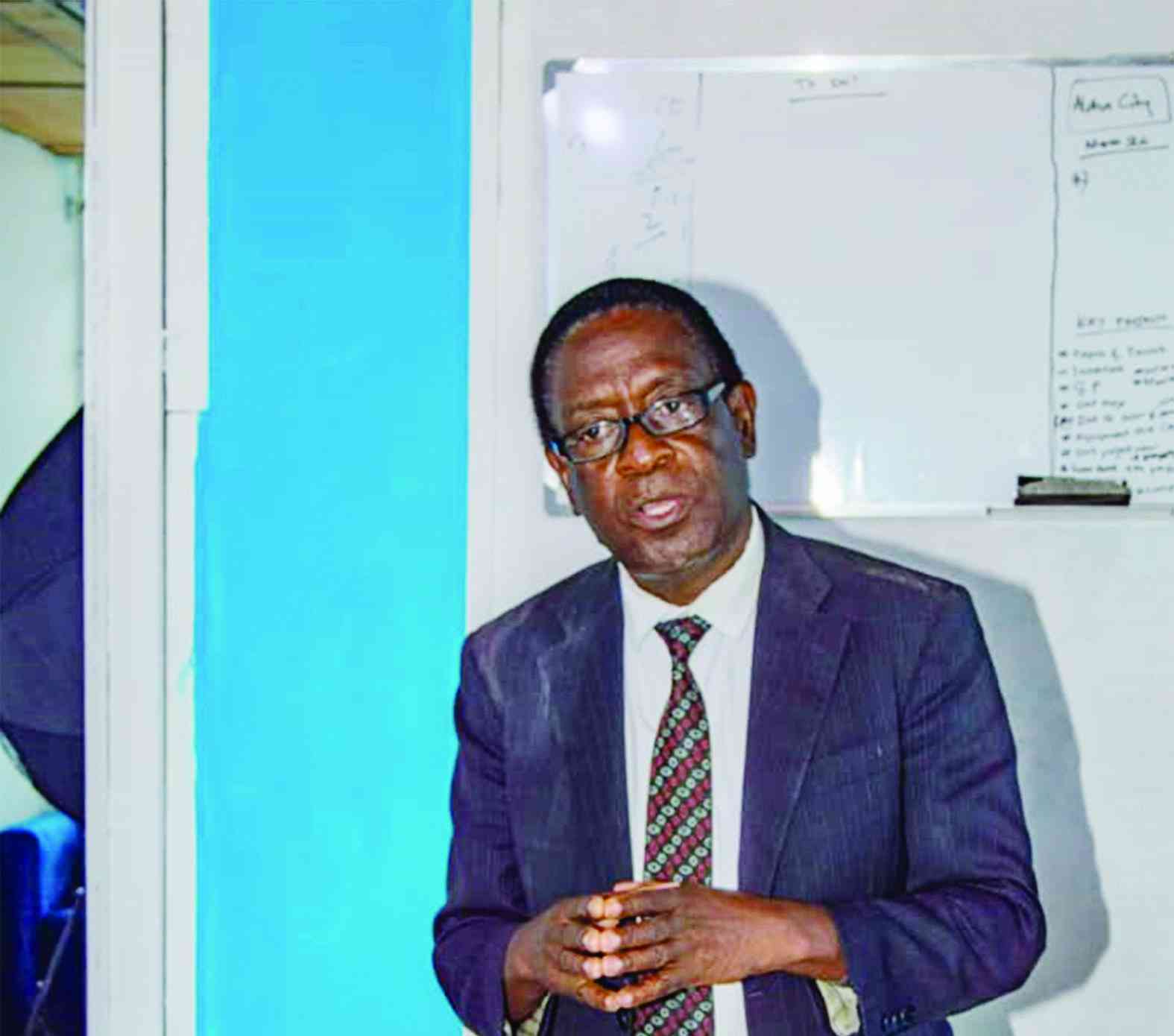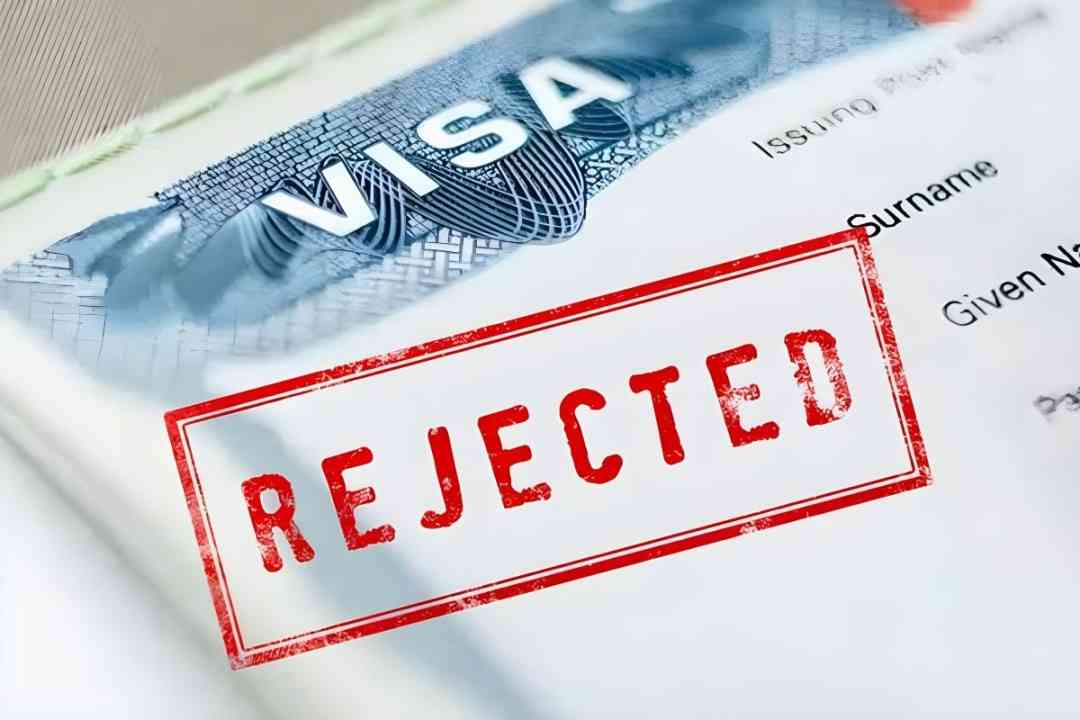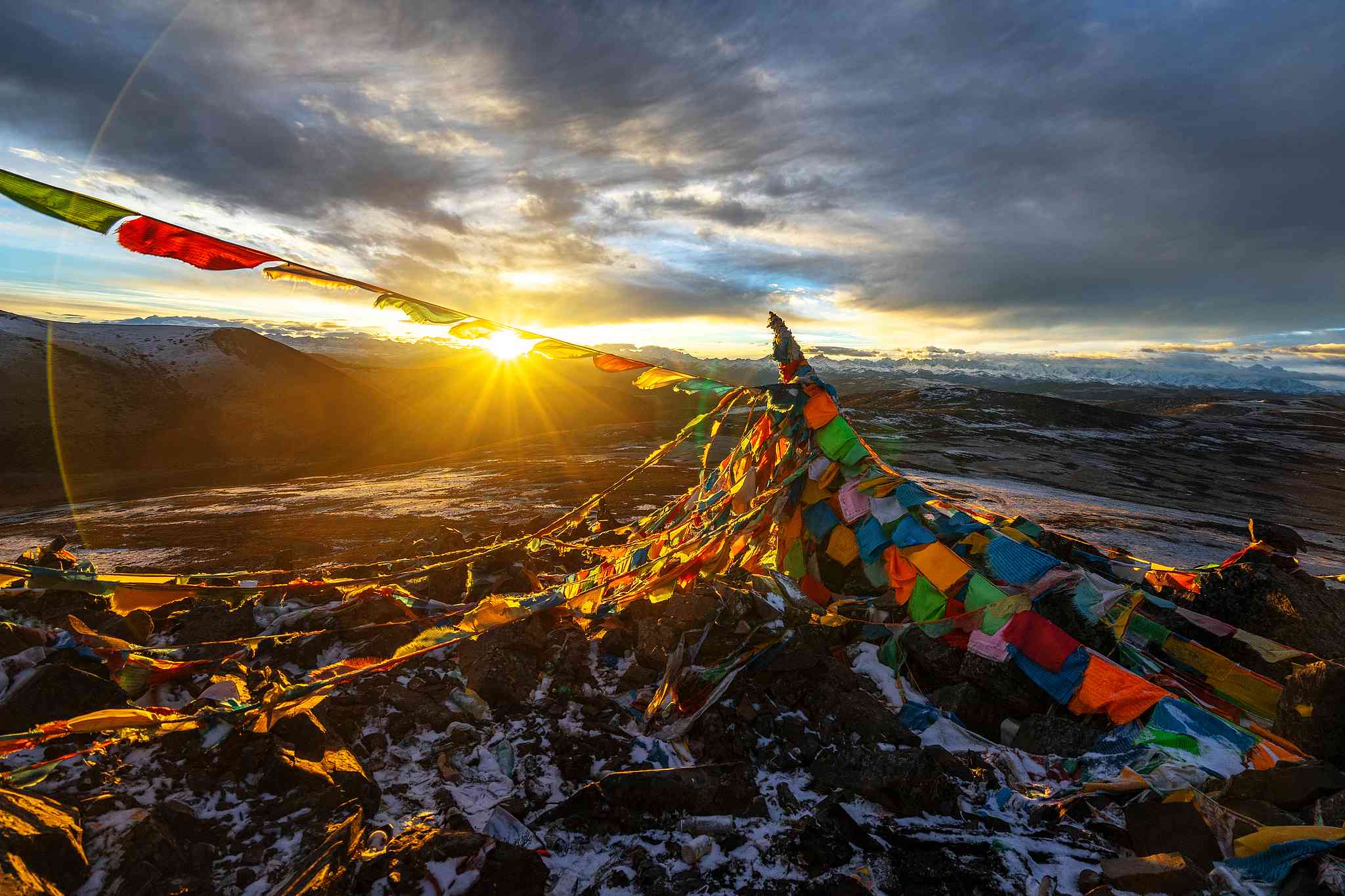
Zim missed transitioning train post Mugabe AHEAD of the November 2017 military coup, experts were divided on whether the security sector could help usher in a new government in Zimbabwe, and what role it would play in that government.
Some suggested that the military was too preoccupied with its own divisions to facilitate reform.
In previous elections, the security services have been accused of meddling in elections, and given their current divisions and the opposition’s strong showing in the March 2008 and July 2018 elections, it’s clear that the security sector is not ready to let the opposition take over power.
A May 2008 International Crisis Group policy briefing suggested there was a growing risk of a military coup, which came to pass in 2017.
The current political situation is unsustainable. This is so because the State has become so militarised, hence the security sector reform will need to be addressed immediately.
We can talk all we want about the economy, but if the security sector people are not on board and they become spoilers, we are back to square one.
Aside from a small group of the late former President Robert Mugabe loyalists, most military officers wanted their institution to become more professional and less politicised.
They also hoped that in the event of a political transition, the international community would prioritise paying the security sector timely.
- Chamisa under fire over US$120K donation
- Mavhunga puts DeMbare into Chibuku quarterfinals
- Pension funds bet on Cabora Bassa oilfields
- Councils defy govt fire tender directive
Keep Reading
Professional police and military services are vital to building a stable future Zimbabwe.
International actors can help with the reform process. First, many government functions will need to be demilitarised.
Youth militias and war veterans, who are concerned that they will face retribution for acts of violence committed on the orders of powerful people in government, will need to be demobilised.
International actors should assist with restructuring the intelligence organisation, military and police; training officials in civilian policing, institutionalising human rights and vetting officials for past abuses.
Parliamentarians should be trained to effectively oversee the military.-CFR
Ball in ED’s court in coming polls THE police execute the orders of the Joint Operations Command and are viewed by the public as an untrustworthy, politicised body.
The Presidium uses the police as technicians of public order, rather than as managers or administrators.
In 2005, the police were deployed to clear Zimbabwe’s urban slum areas in Operation Murambatsvina, a government-sponsored demolition exercise that crippled the country’s economy by destroying existing marketplaces.
Meanwhile, the Central Intelligence Organisation has been known to intimidate the police into executing its orders.
It would seem the police are not strategic heavyweights in Zimbabwe.
While experts believe many policemen dislike how politicised the force has become, the head of the force is loyal to the appointer, in this case President Emmerson Mnangagwa.
In March 2008, the then Police Commissioner-General Augustine Chihuri said: “Police will never treat perpetrators of political violence with kid gloves. Please be warned.”
Militias in the form of war veterans and youths also have been implicated in violence against the general population.
The youth militia, also known as the Green Bombers, is part of Zimbabwe’s National Youth Service, a programme started in 2000.
Government has mooted restarting the programme this year, after abandoning it in 2009 when it emerged that its graduates were being used to prop up Zanu PF.
They looted land owned by white farmers, beat opposition members and have been accused of raping women and girls linked to opposition parties.
Ahead of elections, they were charged with distributing food aid and intimidating voters.
In April 2008, veterans and youth militias began targeting then opposition MDC members and supporters in a campaign of violence and oppression that involved a network of illegal detention centres.
A group of South African generals, who conducted a fact-finding mission in May that year, found “shocking levels” of State-sponsored violence.-Stephanie Hanson
Stop sending thoughts and prayers while Zim burns IN January 2019, alarming developments in Zimbabwe prompted a curious response from President Emmerson Mnangagwa.
A massive popular protest against fuel price increases, fed by widespread frustration with an economy crippled by a currency crisis and decades of mismanagement, degenerated into violence as security forces responded with a heavy hand, arresting over 600 people, leaving 17 dead and dozens injured.
Mnangagwa, who departed for Russia just as the price increase came into effect, delivered his remote response to the turmoil in his country in the form of a tweet — a particularly strange choice given that his government cut internet access countrywide in response to the protests, threatening draconian legal action against service providers who do not comply.
From Russia, where he aimed to drum up investment — particularly in the diamond mining sector, which is dominated by the Zimbabwean security services — Mnangagwa had plans to travel to Belarus, Kazakhstan, and Azerbaijan before heading to Davos.
The contrast between his jet-setting investment pitch and media photographs of brutalised Zimbabweans and burning roadblocks was jarring — one wondered what sort of investors were eager to jump into this particular market.
However, the substance of his message home was even stranger. He expressed his sadness, sent thoughts and prayers to those affected by violence, and assured readers that he understood their concerns.
But if he felt a sense of urgency about the meltdown in his country, or a responsibility to rein in the security services who were brutalising civilians, he kept these feelings concealed.
Instead, he wrote as if violence had been perpetrated by troublemakers abusing the freedoms he allowed — ignoring the fact that the security forces under his control had responded to unarmed protesters with live ammunition, had systematically terrorised people in their homes and had rounded up activists who had nothing to do with violence.
The head of State assumed the role of passive spectator to the State-sponsored repression, resulting in chaos that had his citizens living in fear.
In his testimony before the House, Foreign Affairs Committee in December, Todd Moss of the Centre for Global Development noted the Mnangagwa government’s enthusiasm for passive constructions — for example, acknowledging that “citizens died” when, in fact, innocent citizens were murdered, on camera in some cases, by Zimbabwean soldiers during post-election violence.
Moss was onto something. It was all part of the same leadership style characterised by artful omissions, wilful myopia, a failure to take responsibility for the acts committed in the name of the State, and the shedding of crocodile tears.-Michelle Gavin











